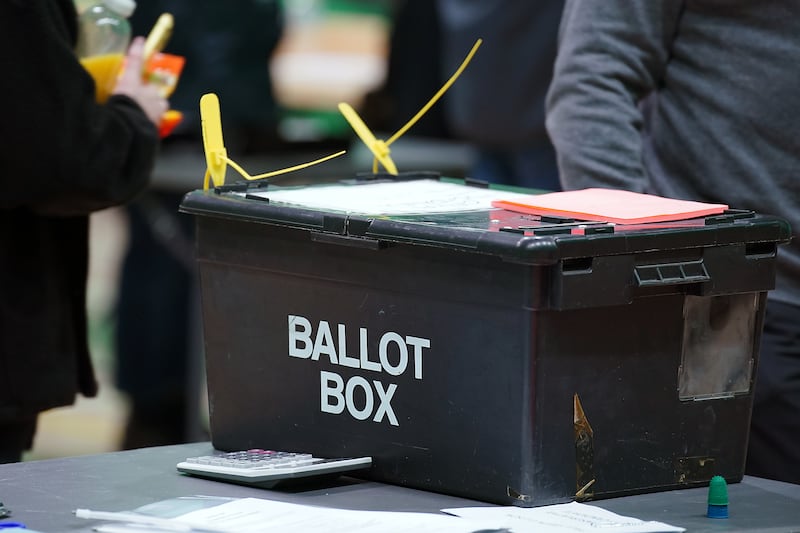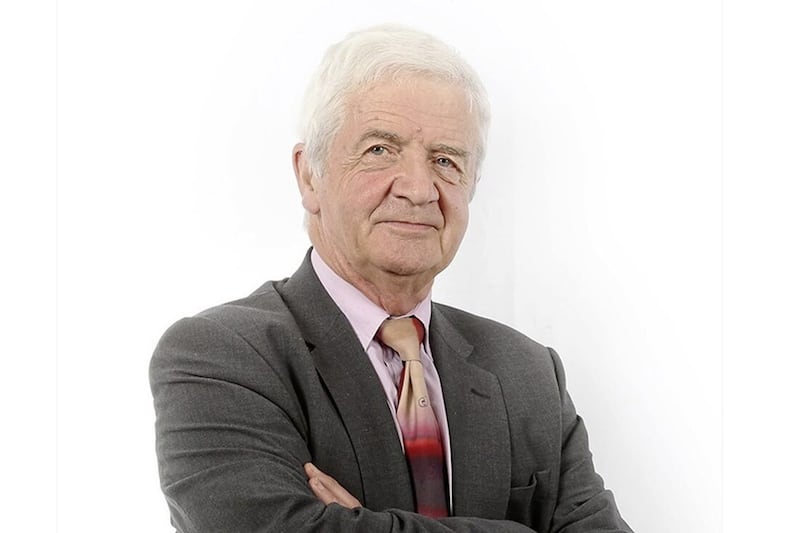It is largely inevitable that tomorrow’s district council elections across Northern Ireland will be heavily influenced by factors which essentially have very little connection with local government.
Voters can certainly be expected to express their views on the dark shadow which Brexit casts over so many aspects of life in all sections of our society and the appalling mess which the British government has made of its prolonged negotiations with the EU.
The entire debate has pushed the constitutional question, and the prospect of a border referendum, close to the top of the political agenda in a way which has not been witnessed for a generation.
Tomorrow also provides the public with an opportunity to respond to the events which resulted in the suspension of our power-sharing administration more than two years ago and in particular to the toxic impact of the Renewable Heat Incentive scandal.
A date has yet to be announced for the release of the RHI inquiry report but the revelations emerging during the 114 days of hearings which concluded last December were seldom less than startling.
It is entirely reasonable that these key matters should come to the fore but it would be a considerable pity if the electorate did not also closely focus its attention on the actual performance of our 11 district authorities.
A majority of those civic bodies, as we reported yesterday, have approved increases in rates over recent weeks which are ahead of the level of inflation, so their citizens need to be satisfied that they are receiving full value for money.
The record of our councils in respect of planning powers, waste and recycling services, leisure and community provision and both economic and cultural development also needs to be carefully assessed
Concerns have been expressed that the turnout figure, which only just passed 51 per cent in the last local government election in 2014, could dip to a stage where less than one person in every two takes the opportunity to be involved in the democratic process.
The district councils may not have the wider influence of the Stormont Assembly, if and when it sits again, and the House of Commons but there are still significant issues to be decided at the polling stations tomorrow.
Over 800 candidates from a comprehensive range of parties, as well as some from an independent background, are in contention for the 462 seats, and it is essential that as many people as possible go out and use their votes.






